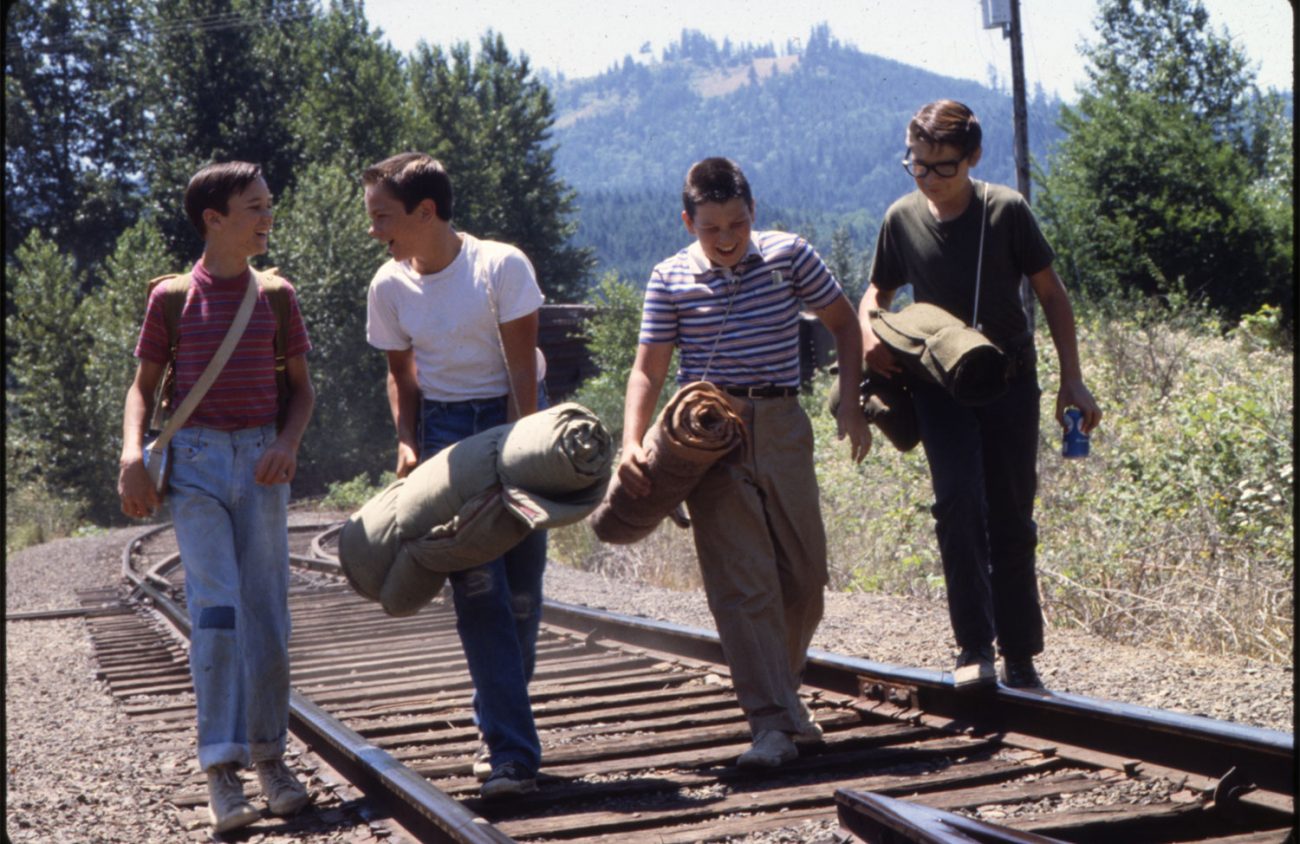As Eugene filmmaker David Mort speaks about the growing film community in Lane County, he’s got one hand holding a phone to his ear and the other elbow deep in a felt rat puppet. He explains that to be an artist, “You usually develop a knack for multi-tasking.” Mort, who has a background in stage acting, owns and operates a puppet company called No Strings Attached Puppet Works and produces films in the Eugene area, in addition to his day job at a health clinic.
Mort represents a growing genre of filmmakers in the Eugene area — one for whom film might be their second or third job, completing shoots and writing scripts after they’ve come home from work and the kids are in bed. In Eugene, filmmaking is rarely a lucrative affair, though the players involved are passionate and the projects time-consuming and often impressively professional.
Mort runs a YouTube interview series called “Garage Talk,” in which he interviews local filmmakers about their projects. The series is part of a larger channel, “Scene in Eugene,” which operates as an anthology of short films created in the Eugene area. The channel was created by local filmmaker Rick Gates, who wanted to make a space for creatives in the area to premiere their films.
All of the films in Scene in Eugene are less than 16 minutes long. Many are based on or inspired by local life. Live Free or Die, written and directed by Chelsea Reel, tells the story of a young man visiting a friend in Eugene for the first time, while Planet Eugene, written and directed by Rex Moody, takes a tongue-in-cheek look at a local cannabis dispensary worker.
Some of the films seem to operate on a wider scale. Blood Money, a Western short produced by Gates and written, produced and directed by Walter King, takes a genre-twisting trip to the desert outside Bend, where a duo of outlaws face off with a priest.
During the filming of Blood Money, King got a taste of some of the challenges of being a local filmmaker.
“We didn’t have a permit to film outside, and soon enough a cop showed up because someone had called complaining there was a group of people slinging guns outside in the desert,” King says.
The cast and crew were forced to switch locations, and by the time King got home to edit the footage, he noticed there were a few shots from the script missing. They would have to return to Bend to reshoot the scene — only by now, winter had set in. The crew had to wait six months for the snow to melt.
It would be understandable if it were difficult to find crew and actors to dedicate themselves to such intensive projects without pay. However, local filmmakers find no shortage of people willing to take part in a project.
“You would think it would be next to impossible. But people around here are really excited to get involved,” Mort says.
Filmmaking is not new to the Eugene area. Film shots of Lane County’s beautiful scenery often bring directors and producers from out of state. Cult classics like Animal House, the 1978 comedy filmed on the University of Oregon campus, and Stand by Me, the 1986 Stephen King novella adaptation, were shot in the Eugene area. But artists here say it can be difficult to lure larger-scale projects to such a small town.
“We don’t have the same infrastructure as L.A., or even Portland,” Mort says.
Instead, independent filmmakers around Eugene have taken to sourcing projects from scratch. The Facebook group Lane County Filmmakers has more than 300 members. On its page, people post trailers for their most recent projects, ask questions about where to find stock footage and call for audition tapes for their upcoming scripts.
The group is overwhelmingly supportive, an environment that feels rare on the internet. Mort believes that the type of people attracted to independent filmmaking — those willing to commit themselves to a piece of art without the guarantee of widespread recognition or money — are a special breed.
“Really, it is a labor of love,” he says. “You can spend hours and hours on something, and it might only get 15 views on YouTube. But hopefully you learned something and can say, ‘What did I gain from this?’ You have to love the process.”
One bonus to working in such a small community is flexibility. In the latest episode of “Garage Talk,” Mort speaks to independent filmmaker Megan Johns about her upcoming film Feathers. Johns reveals that when creating the surreal fantasy short, shot in August 2020, she rewrote the script to be filmed entirely outdoors to be more COVID-safe. When it came time to shoot, members of the cast and crew had to play multiple roles to keep the production running smoothly.
“Everybody on this set needs an award. They all did everything from hauling equipment [to] holding mics,” Johns says.
When asked by Mort if she has any advice for a new filmmaker, Johns believes it is most important to “find the people whose work you admire and make connections.”
Connection building may be one of the local film community’s biggest strengths. Though many filmmakers in Eugene act as a sort of one-person band — part producer, part actor, even part puppeteer — it is the sense of collaboration that makes Eugene’s growing film industry one to watch.
